UN Habitat’s City Resilience Profiling Programme (CRPT) provides national and local governments with tools for measuring and increasing resilience to multi-hazard impacts, including those associated with climate change.
Lobelia’s climate engine is integrated in the CRPT, helping analyse climate trends and link to other types of data as required to allow the definition of a suitable action plan.
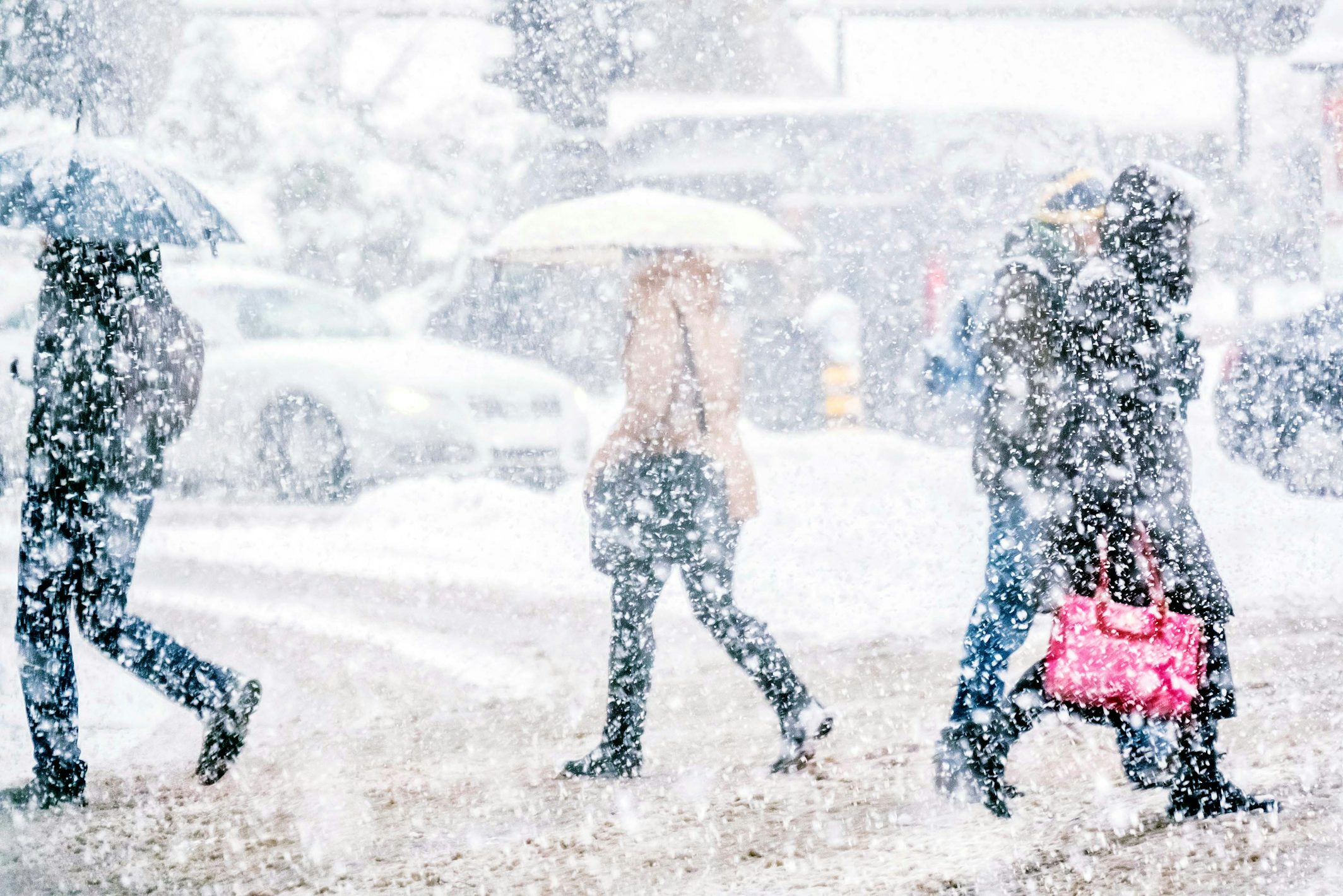
Urban areas are increasingly exposed to the effects of climate change. Lobelia’s climate engine helps local authorities to analyse climate trends and to define suitable action plans to minimize impact on citizens’ lives on health care, transport, water management, energy supply, etc.
Explore future projections of maximum and minimum air temperature, number of tropical nights and frost days, precipitation and other climate variables and discover how they will evolve in the next decades.
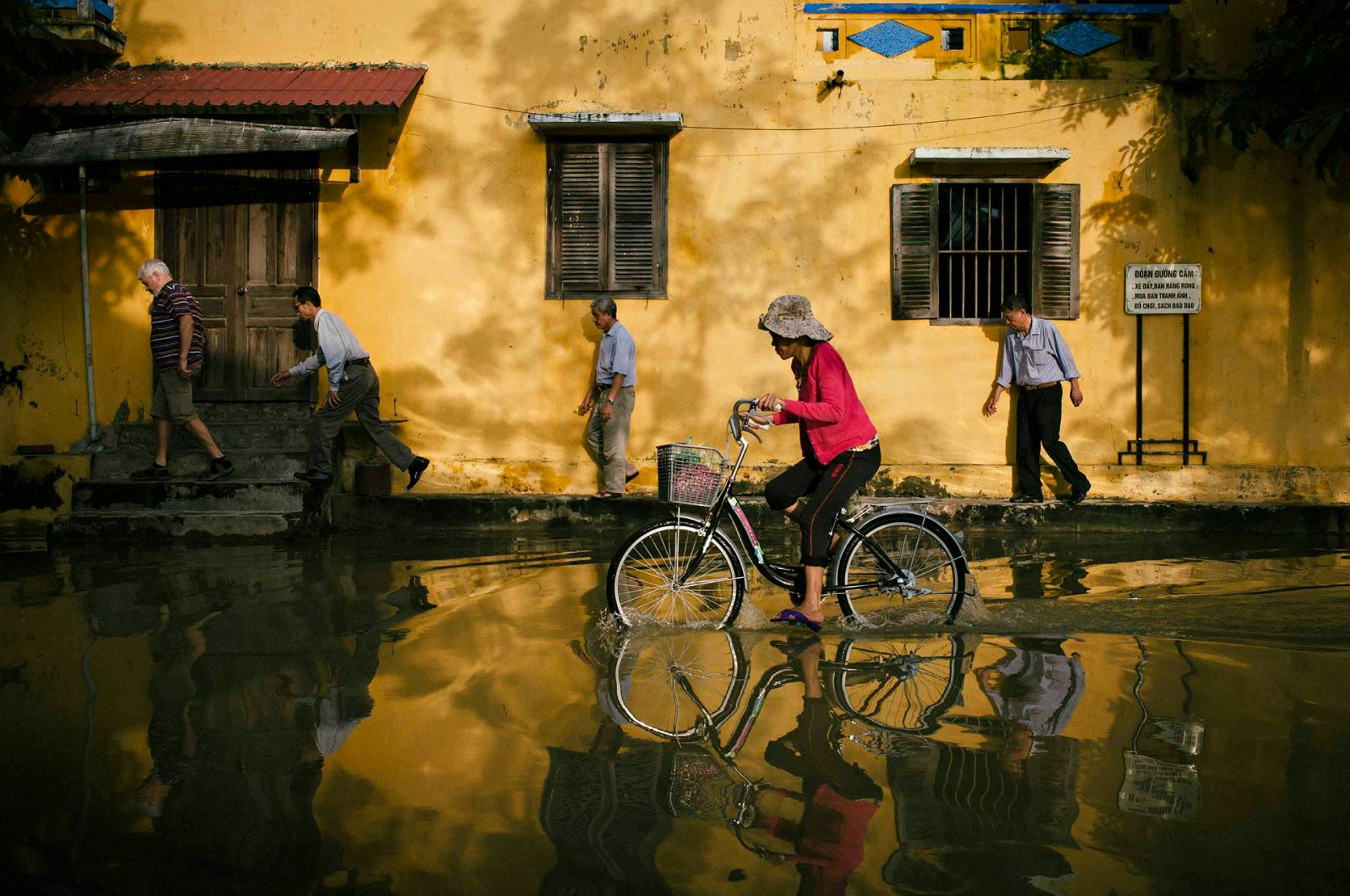
Lobelia uses 18 Global Climate Models ensembles, downscaling and bias correction techniques to generate high-resolution, locally-adapted data describing the future climate in the target cities. The toolbox can be used by cities worldwide, with current users including Asunción, Yakutsk, Maputo, Dakar and Port Vila.
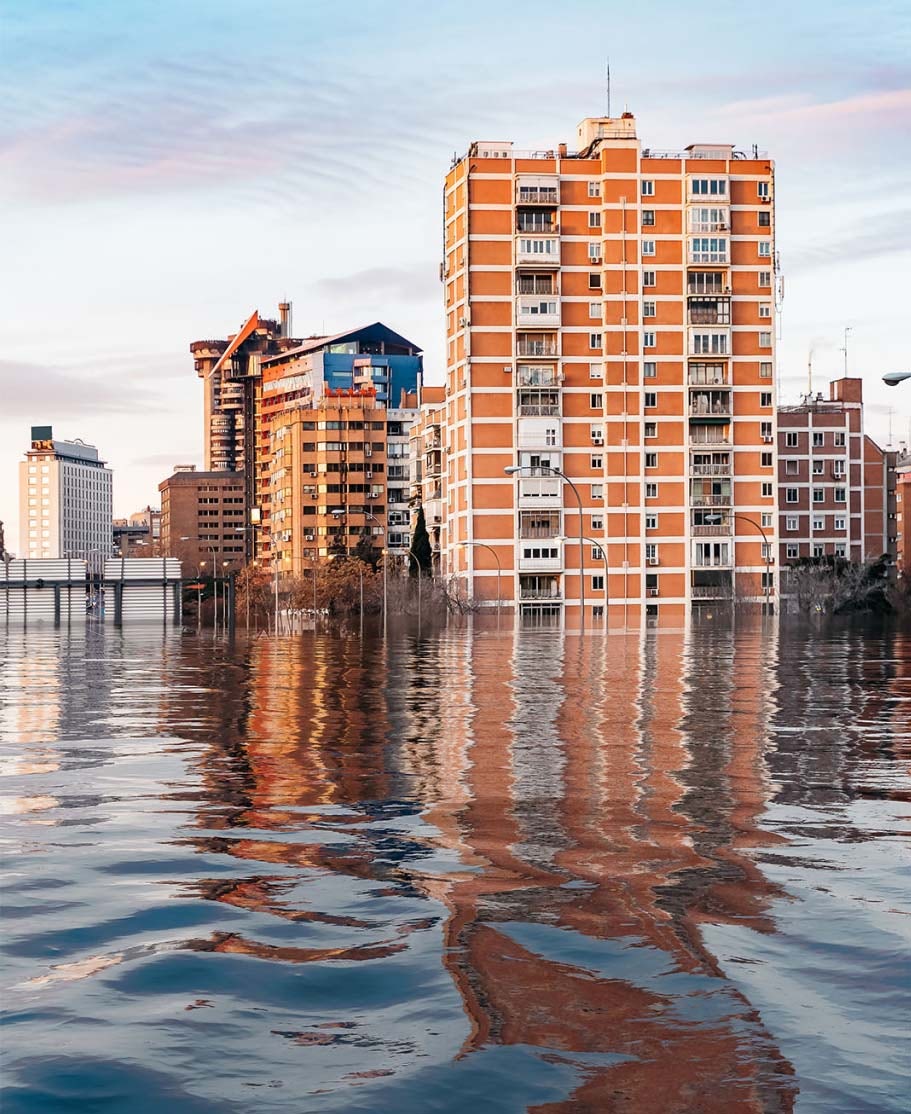
UN-Habitat implemented the City Resilience Profiling Tool in a wide range of diverse cities around the world to support local governments and relevant stakeholders to transform urban areas into safer and better places to live in. Climate data locally adapted is key to evaluate climate-related risks.
Yakutsk is a cold Siberian city, built on periglacial structures characterised by an extreme subarctic continental climate (Köppen-Geiger).
Lobelia projections show that by 2100 the area will experience:
- intense warming with difference up to 4°C between RCP 4.5 and RCP 8.5
- climate wettening with precipitation increase of +60% (RCP 4.5) and +160% for RCP 8.5.
See the viewer in action.
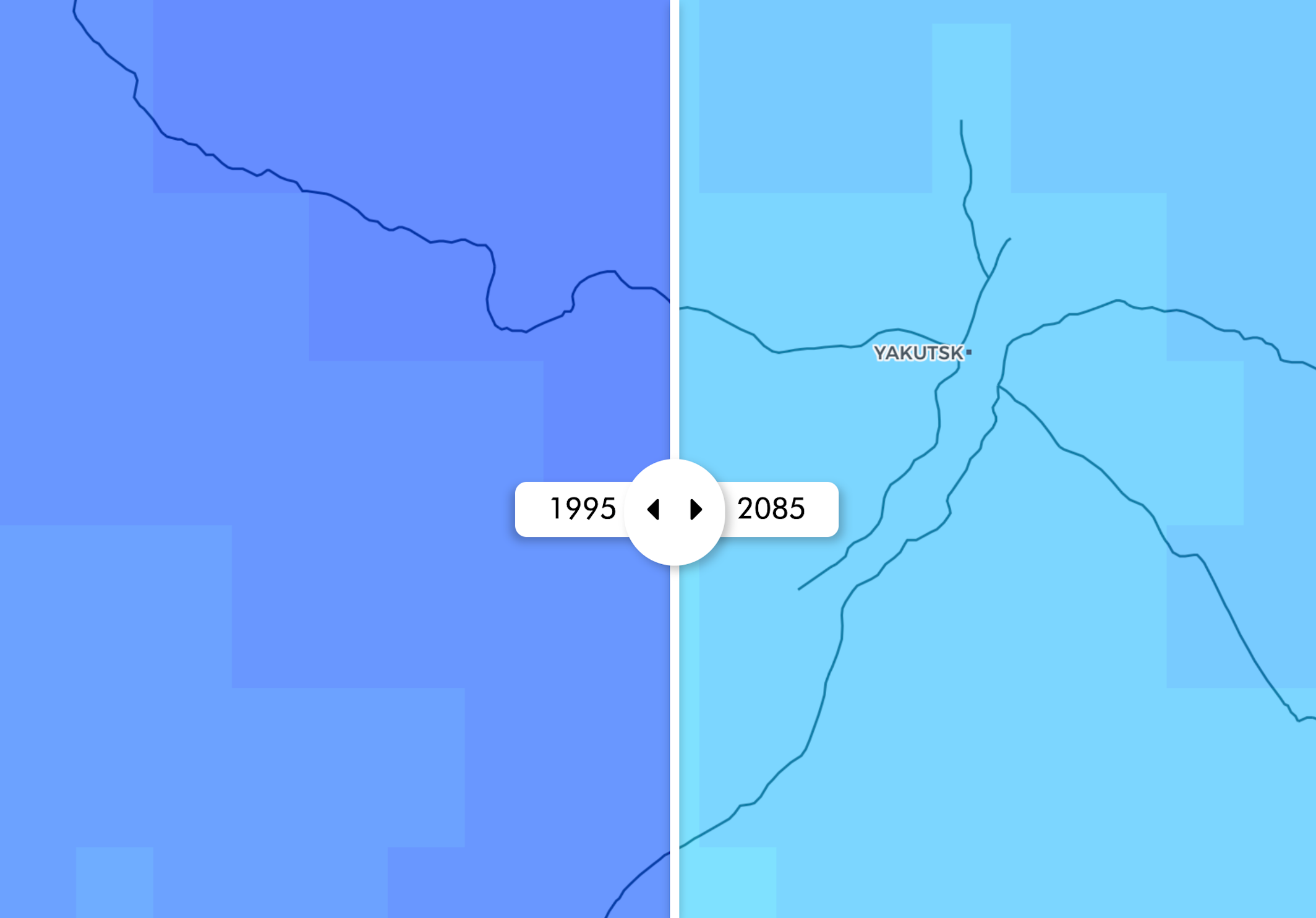
Explore Yakutsk and other cities here
- Impact on transport infrastructure and city buildings due to the collapse of ice cellars.
- The city will continue being prone to floods, especially in spring.
- Lengthening of summer dry intervals correlated to a growing frequency and persistence of hot-weather episodes.
- Increases of precipitation which will favour the pollutant transport and re-distribution in the area.
- Increasing release of methane from thawing Siberian permafrost, likely to further amplify climate warming.
- Potential decrease of energy demand for heating.
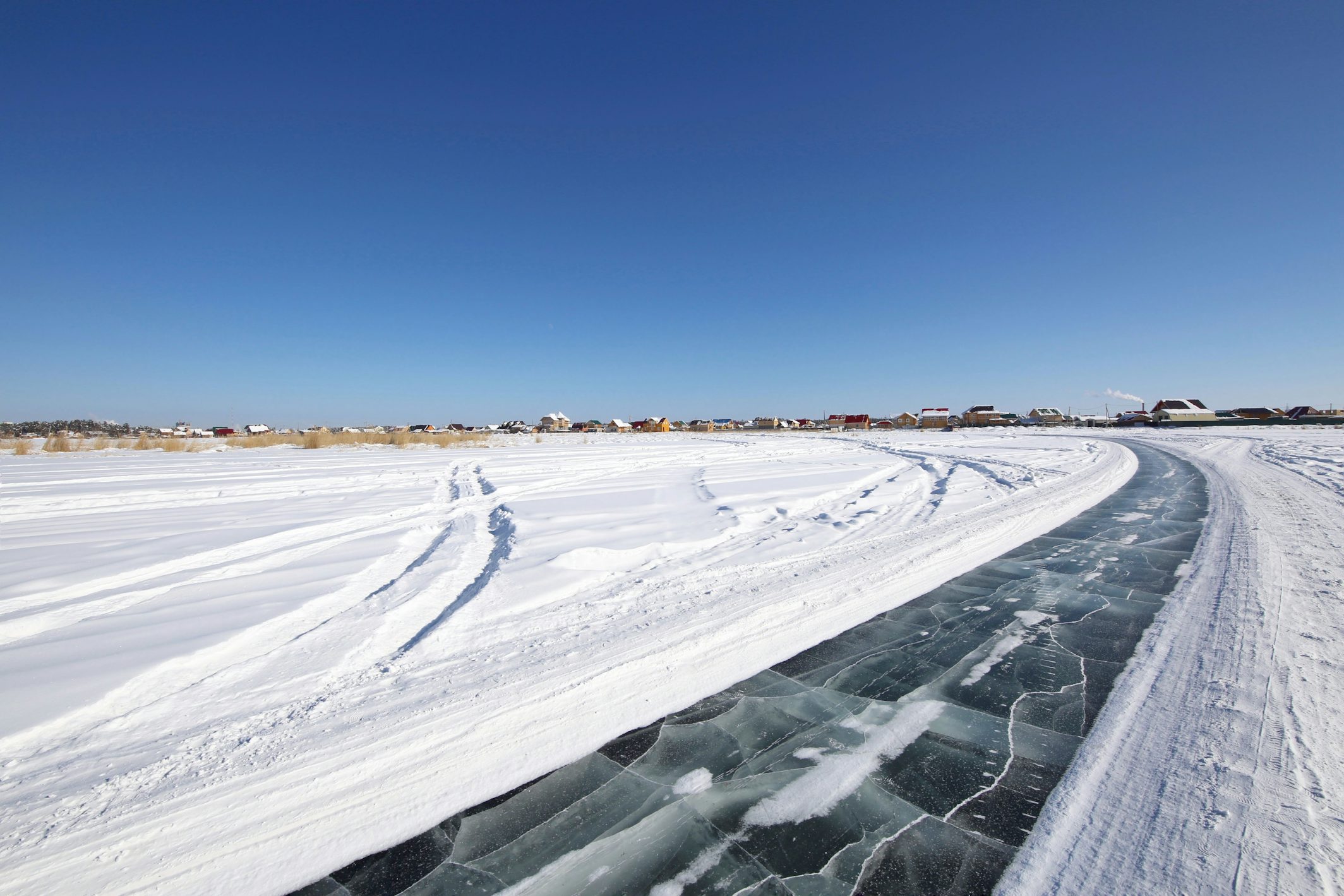
Lobelia provides historical series and projections of different climate variables from 1970 to 2100 under different emission scenarios for any city and region of the world allowing the definition of suitable action plans.
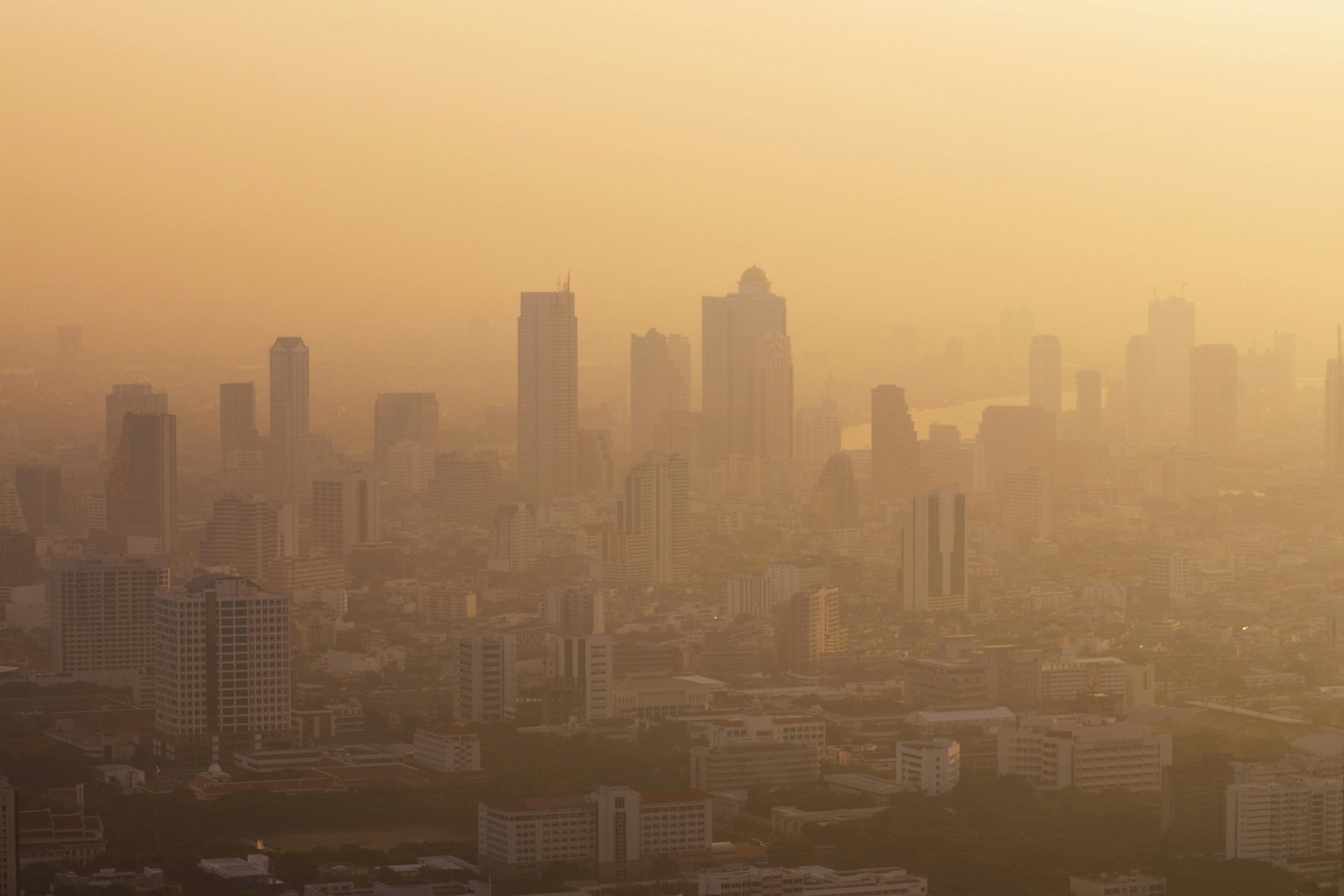
Are you interested in climate risk analytics?
Lobelia provides different type of climate risk data to support your business and Country in building resilience and act to fight climate change.
Visit our section Climate to explore more or contact us.